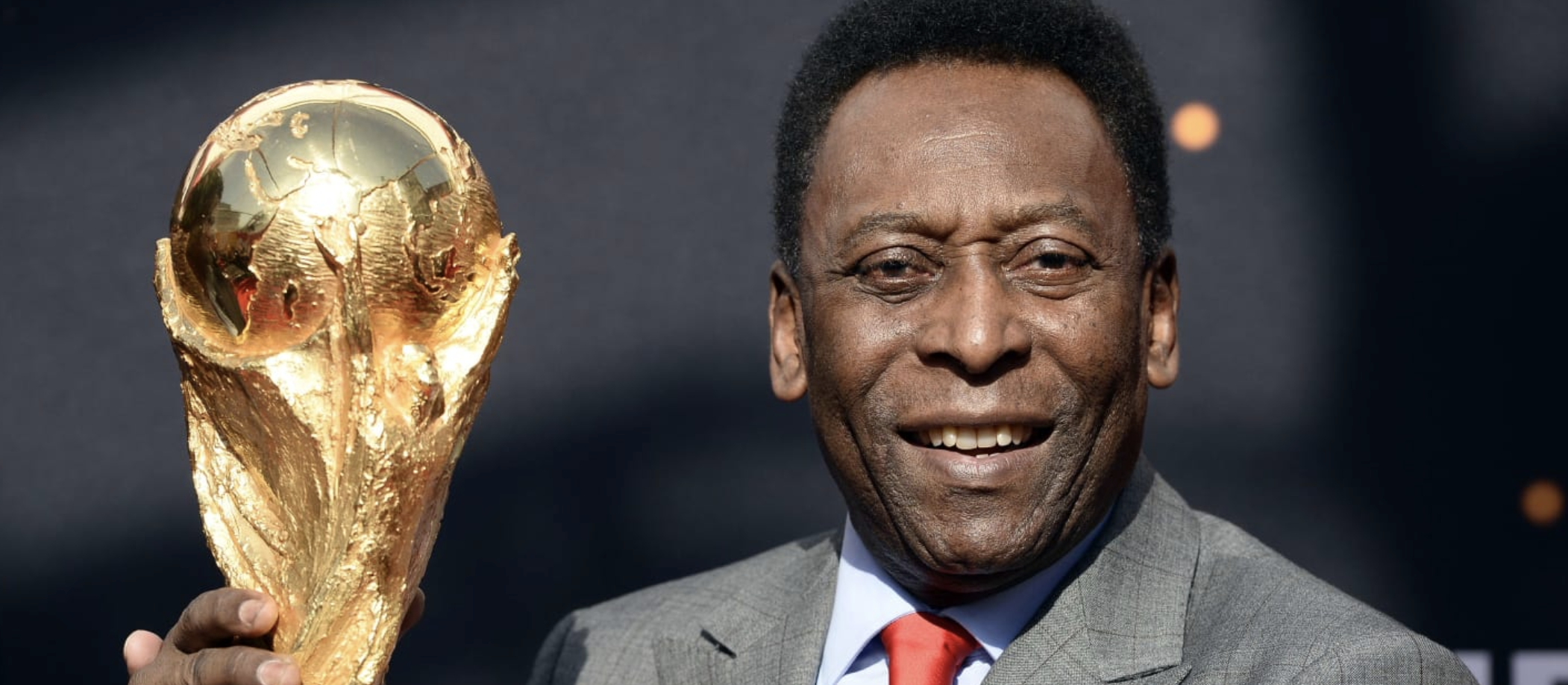I think it was really interesting to learn about the Sedation Acts if 1798 because it is extremely surprising to me that John Adams was able to establish laws that completely eliminated the freedom of the press. This only proved the extent to which presidents are willing to go as a mean of attacking the fourth estate. Another instance in history that I enjoyed learning about was how Nixon’s vice president, Spiro Agnew, was often ordered to attack the press over their publications about the Vietnam War protests. Earlier in the semester, we talked a lot about how these protests impacted our nation, and I think it is important to observe ways in which the protests reflected poorly on Nixon’s presidency.
I also think it is crucial to analyze the ways in which presidents impact Americans by attacking the press. Archer described, “citizens have been primed to doubt the media’s intentions and reporting” (page 7) as a result of the behavior of politicians. This has led to the famous assumption that various news sources are delivering “fake news.” In addition, discrediting the press allows presidents to raise their follower support base. It was stated that “by 2018, roughly one-fifth of Trump’s Twitter posts about the media included a claim of the media lying” (page 12), which influences his supporters to also disbelieve the press.
4 Comments


